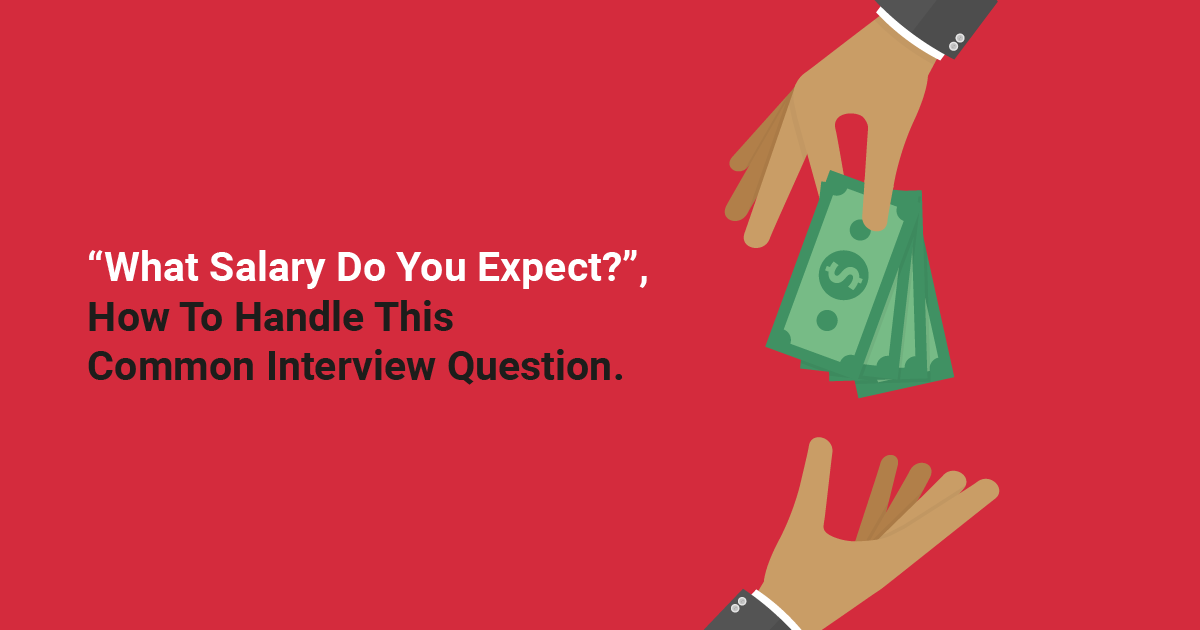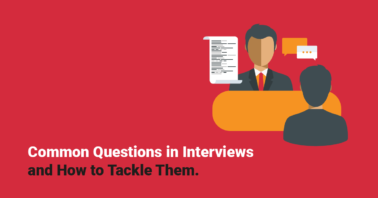In 2013, I was tasked with raising a field team that would help my client move their product to another level. This was in Ghana. Of course one of the major things that you want as an employer is to get the right crop of people that you can work with. If you can solve that million dollar conundrum, you are already on the path to success.
One of the toughest questions that many interviewees grapple with is, “So what is your salary expectation?” And I can still remember who one interviewee poorly handled this question and ultimately lost the opportunity: He absolutely refused to let us in on his preference of a salary, even after we made the question easier by resorting to ask him select a range.
It was exasperating and all I wanted was to see him out of the interview room! Frankly, to date I cannot remember how he performed on the rest of the questions in the interview. Of course he was qualified according to his academic papers, but this haggling about his salary expectation is what I will always remember.
So how do you answer that question?
Some years back, a new organization was looking for a Country Manager in Uganda. There big preference was someone from Kenya. I qualified. I had experience leading teams in Uganda for over two years. I checked very many boxes that they were gauging me on. Finally (and that question always comes last), they asked me what my salary expectation was. Being naive, I said USD 3,500. The response of the interviewer told me immediately that I had under-quoted. Needless to say, I did not get that opportunity.
The theme that is coming out of this is simple: Organizations have a salary scale or a rewarding system for which all their employees are compensated. At some level, they need to know if your expectation is within that range or not.
Though it looks such a simple ask for the organization, the answers given or the struggles that the interviewees face answering this question normally reveals (in retrospect) some important aspects of the candidate that has not yet been exposed by their academic qualifications or other general questions.
You can have a very good blend of skill sets that the interviewer is looking for, but when you do undervalue yourself by quoting a figure much less than what they expected, you turn out to be cheap. That consequently translates to the fact that probably you might not have so much to give anyway, and that is why you are quoting that way. As a result, all your stellar performance is thoroughly affected by this undervaluing and therefore your chances of getting that job even though you are qualified for it become so slim.
Some other people normally quote a figure way above what the organization expects to pay you. This could be OK depending on your own valuation of yourself. In another article, we shall talk about how to know your value as a human being, consequently dictating your ask during interviews. I have seen countless people turning down job opportunities solely because they know that what the organization is offering is not worth them troubling themselves to take up the job in the first place. And believe me; the interviewing panel normally has lots of respect for such people. In fact at some instance, some enter into negotiations with them to see if they can agree to work together. Now, if you are not so sure of yourself, do not get into the risk of over-quoting your salary expectation, because you might lose the job. The reason as to why those who quote above the company expectations risk not getting employed is that the potential employer feels like you will not be fully engaged to work, especially if they want someone to occupy that job for a good season.
However, if you are confident of yourself about your value and expectation, you have the power to change the control center of these negotiations: from the panel having the power, to you having the power. People of this nature normally have nothing to lose, and they are there although not so many.
Let’s try to get into your head and see what is going on as you are attending this interview:
- Probably you have been unemployed for long and this opportunity is one you do not want to pass
- Probably you are so desperate for a job that this opportunity is that of a lifetime and you do not want to lose it.
You might be nervous and just want to get the job without going through that question. There is a simple way of going about it: Research.
Try as much as possible to get some inside information on the details of the job that you are being interviewed for. Ask around from mentors and coaches to help you figure out how much that organization pays for the vacant job. Even if it is a new job, try to find out what salary scales the task involved could be in the current job market.
If you cannot get a definite answer, then we need to resort to these two things:
- Your Value: How much are you worth in an hour and why?
- Your potential for growth: Do you need this job? From the looks of things, is there an opportunity for you to grow and build your career, the salary notwithstanding?
I think the safest thing to do if you are not sure of a figure is to use a range. Just say what would be acceptable to you as the minimum (but do not go so low) and what would be accepted to you as the maximum. Chances are that you might be within the range that the employer wants. However, there is another bigger question that is normally asked after you have quoted: Why do you think you are worth that much? Let’s deal with that question in another article.





